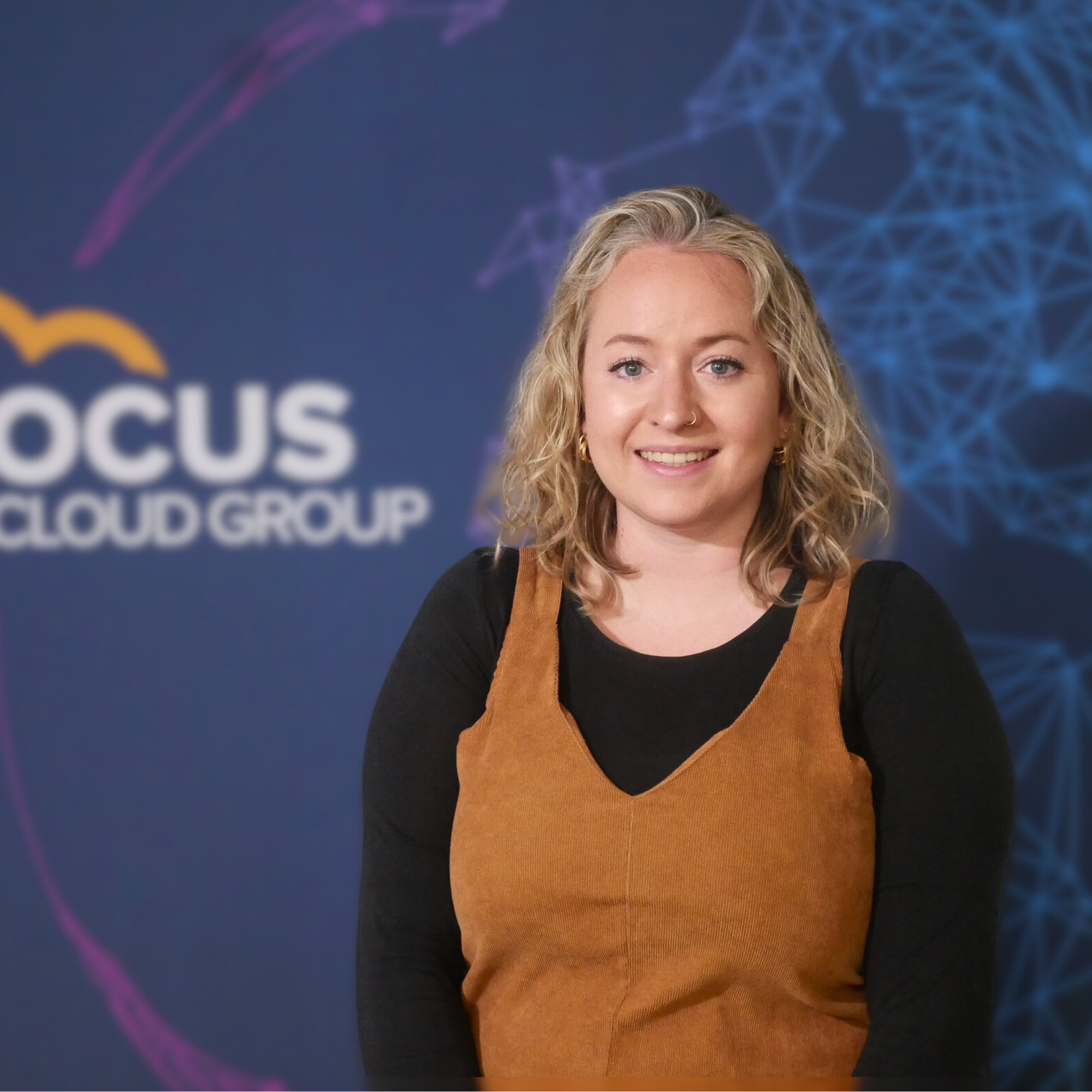Copado, the DevOps & Testing Platform for Saas Applications, have released their third annual State of Salesforce DevOps Report, and the results are as enlightening as ever. Responses came from 450 Salesforce Admins, Salesforce Developers, Solutions Architects and Technical Architects.
This year focused on three main areas affecting Salesforce Dev teams - how to release more often, how to recover faster, and how to capture business value.
At Focus on Salesforce, we’re dedicated to keeping you in the know, so take a look at our handy summary of the report, with a view of how this can affect Salesforce recruitment processes…

Skills
When it comes to skills, there can be discrepancies between Developers whose entire career has been spent using Salesforce, and those who were traditional Developers and moved to low-code products, like Salesforce.
The report found that 62% of teams had a balance of click-based and code-based Developers. For a hiring manager, it’s important to consider the balance of skills and abilities within the teams you are forming. The teams with more traditional developers were no more likely to succeed than those with a smaller proportion of code-based compared to click-based developers. Finding the balance is key.
For Salesforce professionals, the skills you need are of the utmost importance. Salesforce implementations are becoming more frequent, and more complex. General Salesforce Developer skills are in demand, but getting involved in specialist implementations, and growing your skill set this way, could be very valuable for you.
In addition, the types of apps Dev teams are building have grown in diversity. 83% of respondents use Salesforce to build not only internal apps, but also business-centric and customer-facing apps. These would be good strings to add to your bow.
You’ll also be more employable if you shift your thinking away from ‘project-centric development’, where your planning and delivery is more checklist-based, to ‘product-centric development’, where your planning is more aligned with the customer, and their desired outcomes. This can often be a challenge for traditional Developers, if this is not how you operated in the past. 36% of respondents said they are talking to their customers daily, and 42% are doing this weekly. The transition to this type of agile planning is growing in speed, so get some demonstrable experience in more customer-based thinking if you want to secure the best Salesforce opportunities in the future.
Teams
There were some interesting insights into the size and configuration of Salesforce DevOps teams from the Copado report.
Salesforce Dev teams are growing. With a candidate-short market, and the increased demand for professionals with the relevant skills, Salesforce Developers are difficult to find and hard to retain. 46% of survey respondents said their teams had grown, 43% said the numbers remained steady, and only 13% reported their teams shrinking in size.
Interestingly, Copado found that the larger the team, the worse the performance. Lead times, change failure rates, and time to recover worsen as team size grows. For hiring managers, this creates a conundrum. With higher demand for services, you need to increase the resources available in your team, but upping the number doesn’t seem to be helping. The solution is to go for quality over quantity, which is incredibly difficult in the current market. Focusing on using every resource available to you to get the right talent through the door is more important than filling seats, meeting staff quotas, and hoping for the best.
It was also found that more mature Salesforce Dev teams deploy every day and address critical issues faster. This highlights how important staff retention is. What can you do within your organisation to keep hold of the talent you need, and subsequently keep team performance high?
Get in touch with Focus on Salesforce. As a hiring manager, our Salesforce Recruitment Specialists can help consult on how to build your teams effectively, and give you access to a large global network of professionals with the talent you need. If you are a Salesforce professional, let’s see if we can help advise on where and how to upskill, so we can get you the right Salesforce opportunity.




